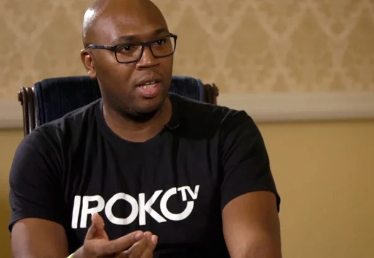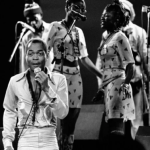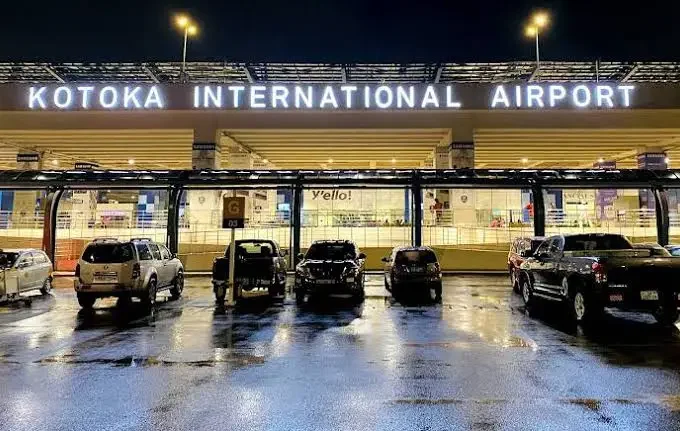
We Spent $100 Million Trying To Win – Jason Njoku On IrokoTV

Years after betting big on Nigeria’s streaming market, IrokoTV’s co-founder and CEO, Jason Njoku, is taking a hard look back, acknowledging that the company’s decade-long gamble cost more than just money.
In an essay published online, Njoku admits that the $100 million funnelled into the business, between revenue and $35 million in venture capital, failed to deliver the win they had envisioned. “Between the revenues we generated and the venture capital we raised ($35 million) over the first ten years, we easily spent $100 million trying to win,” he said. “But we weren’t winning; we weren’t losing either. We were just there, in full survival mode, operating in the toughest conditions possible.”
Launched in 2011, IrokoTV quickly made headlines as the platform bringing Nollywood films to digital audiences, earning the nickname “Netflix of Africa.” However, beneath the praise lay a harsh reality: building a subscription-based streaming service in Nigeria proved more challenging than expected.
From 2015, when IrokoTV made its formal entry into Nigeria, the company faced a storm of challenges – an unstable naira, unreliable broadband, and a market that wasn’t ready to pay for content while trying to compete with heavyweight streaming platforms like Netflix, Amazon Prime Video, Showmax and Iflix. Still, Njoku and his team pushed forward, convinced the tide would turn.
The local market in Nigeria simply collapsed. We saw it and stubbornly decided to keep investing and doubling down until we were all tapped out, he said. By 2023, they accepted that there was no market for streaming services in Nigeria and effectively exited the Nigerian streaming space.
But even as streaming stalled, another part of the business had a firm footing and flourished greatly. ROK Studios, IrokoTV’s content arm, has found a growing market for Nollywood productions, licensing films and TV series to networks like DStv and Canal+.
In hindsight, streaming wasn’t the winning model for Nollywood in Nigeria. Content, channels, and distribution were, Njoku reflected.
He believes the company could have saved years of losses, nearly $5 million per year by 2018, if it had shifted focus earlier. “With the economics that business had in 2018, we could have shut down iROKOtv… and either listed it or just had a fantastically profitable business,” he said.
Now, Njoku is urging young entrepreneurs to be more prudent with their capital. “It’s okay that we tried and failed,” he noted. “Did it need $1 B+ to figure this out? Not.” In hindsight, he says the same lessons could have been learned with just $5–10 million.
Despite its missteps, IrokoTV helped open the global stage to Nollywood and inspired a wave of content creators across the continent. And with ROK Studios now at the heart of the company’s new direction, Njoku is hopeful that what began as an expensive lesson might still shape the future of African storytelling.
Read More:
- Field Check Shows Less Than 30km Completed on Lagos-Calabar Coastal Highway, Contrary to Official Claims
- The War on Gaza – An African Perspective
About The Author
Related Articles
Ghana to Rename Kotoka International Airport
Ghana’s government is preparing to rename the country’s main international gateway, Kotoka...
ByWest Africa WeeklyFebruary 4, 2026Russia Congratulates Ibrahim Traoré on Assuming AES Presidency
Russia has congratulated Burkina Faso’s President, Captain Ibrahim Traoré, on his assumption...
ByWest Africa WeeklyFebruary 4, 2026AES Condemns Niamey Airport Attack, Warns of Coordinated Destabilisation
The Alliance of Sahel States has strongly condemned the armed attack on...
ByWest Africa WeeklyFebruary 2, 2026Mali Cedes Strategic Land to Guinea to Deepen Trade Cooperation
Mali has approved the transfer of a strategic parcel of land to...
ByWest Africa WeeklyFebruary 2, 2026












Leave a comment